NIH
-

Investigators find that bile acids reduce cocaine reward
The discovery that high levels of bile acids appear to blunt cravings for cocaine could lead to new treatments for addiction. Read MoreAug 30, 2018
-
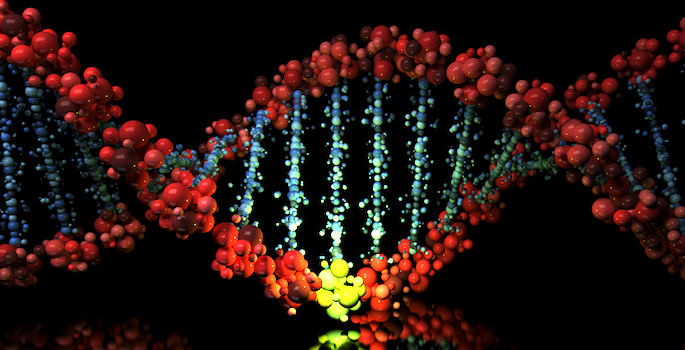
Energetic gene switch
James Galligan and Lawrence Marnett have discovered a new histone modification that can affect gene expression. Read MoreAug 30, 2018
-

High-speed atomic force microscopy reveals clock protein interactions
Prof. Carl Johnson and his team discovered on-and-off interactions between KaiA and KaiC take only seconds but combine to create a 24-hour oscillation of phosphorylation in a test tube. Read MoreAug 20, 2018
-

Predictive models for gene regulation
Modern statistical tools are not very accurate when it comes to predicting the discrete and non-symmetric behaviors of individual cells. Gregor Neuert and colleagues say that's because the wrong tools are being used. Read MoreAug 17, 2018
-

YAP after acute kidney injury
ianchun Chen, Raymond Harris and colleagues have identified a potential new target for treating acute kidney injury. Read MoreAug 17, 2018
-
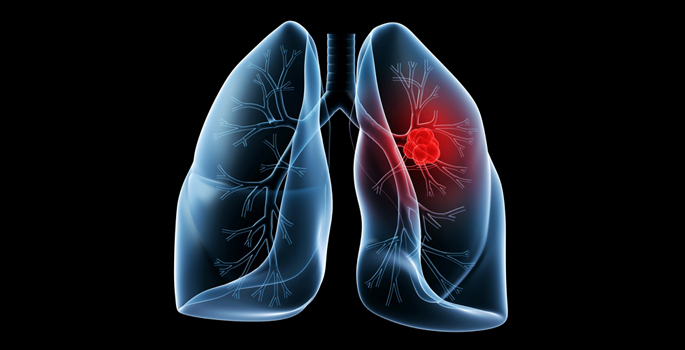
A new target for lung cancer
Xiangming Ji, Pierre Massion and colleagues have discovered that blocking the transporter protein xCT could slow the progression of non-small cell lung cancer. Read MoreAug 17, 2018
-

Risk factors for faulty rhythms
Prince Kannankeril and colleagues explored clinical and genetic factors associated with atrial tachycardia after congenital heart disease surgery in infants younger than 1 year old. Read MoreAug 17, 2018
-

Repairs in the basement membrane
New research by Andrea Page-McCaw shows that a membrane that wraps around most animal tissues can heal within 24 hours, but does leave a scar. Read MoreAug 9, 2018
-

Scavengers “protect” HDL
Lipid molecules that bind to HDL can modify its function — and blocking that modification can protect HDL and potentially lower the risk of atherosclerosis and heart disease. Read MoreJun 29, 2018
-

New staph virulence factor
The new factor, an enzyme involved in host-pathogen interactions, may be a viable target for treating staph infections. Read MoreJun 28, 2018
-

Novel infection fighter
A drug in use clinically to help make vaccines more effective may be a powerful new tool for fighting antibiotic-resistant infections. Read MoreJun 13, 2018
-
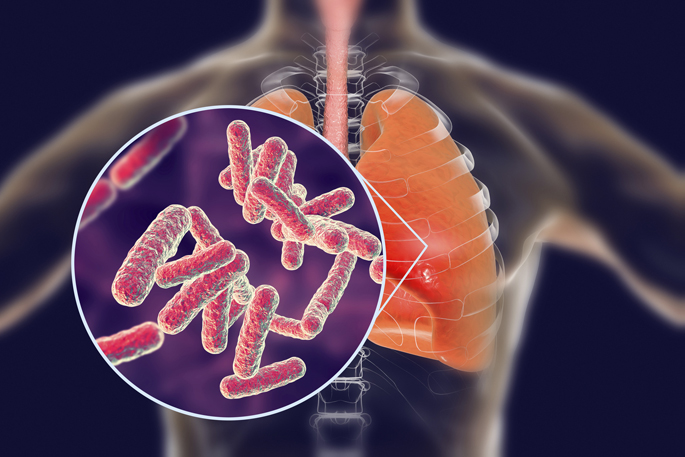
Confronting TB resistance
Vanderbilt researchers describe how certain tuberculosis treatments work and suggest these medications may overcome the threat of drug-resistant tuberculosis. Read MoreJun 11, 2018
-
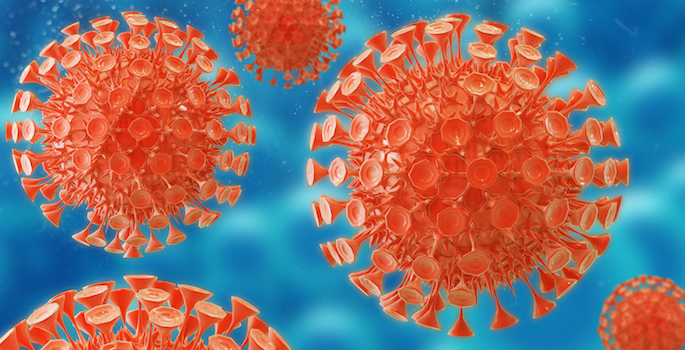
A “public” target for HIV
Common sequences of antibodies against HIV may be key to developing a successful vaccine strategy for the virus. Read MoreJun 8, 2018
-

Enzyme protects against obesity-related heart disease
Vanderbilt scientists have discovered that a certain enzyme plays a crucial role in preventing obesity-related cardiac dysfunction. Read MoreJun 7, 2018
-
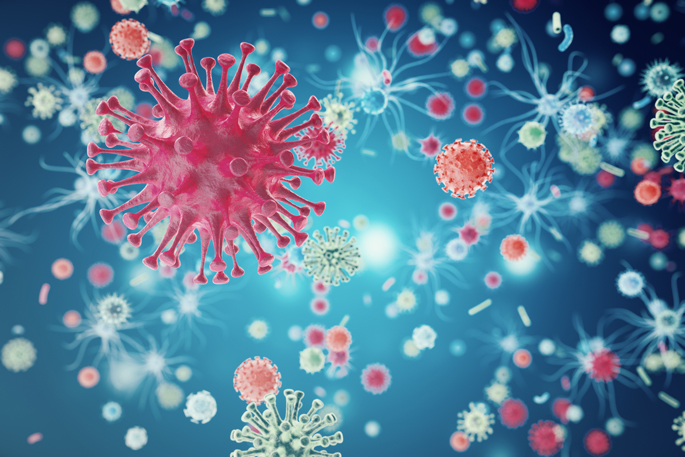
Evolution of a deadly virus
Genomic sequences have revealed that Florida is a major source of a mosquito-borne virus that causes disease in horses and humans. Read MoreMay 23, 2018
-

New target to stop Ebola
A new Vanderbilt study suggests it may be possible to develop antibody therapies or a universal vaccine effective against multiple Ebola virus family members. Read MoreMay 21, 2018
-

Shaping reward circuits
Using techniques to control and monitor the activities of individual neurons, Vanderbilt investigators are probing the brain’s reward circuitry. Read MoreMay 18, 2018
-
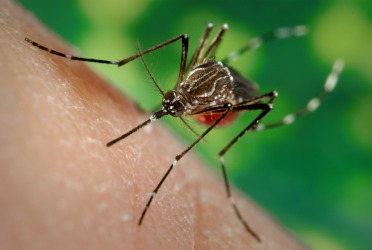
Alphavirus “Achilles heel”
Targeting the protein that mosquito-borne viruses use to enter cells could be a strategy for preventing infection by multiple emerging viruses. Read MoreMay 17, 2018
-

Launch event helps introduce ‘All of Us’ initiative to Nashville
On Sunday, May 6, Nashville played an important role in the nationwide launch of “All of Us,” the National Institutes of Health’s (NIH) research program that aims to collect the health information of 1 million or more research participants. Read MoreMay 10, 2018
-

VUMC plays major role in nationwide ‘All of Us’ program
In 1969 the United States was the first nation to land a man on the moon. Forty-nine years later this country is poised to take another “giant leap” for humankind, this time by unleashing a revolution in medical research and human health. Read MoreMay 10, 2018